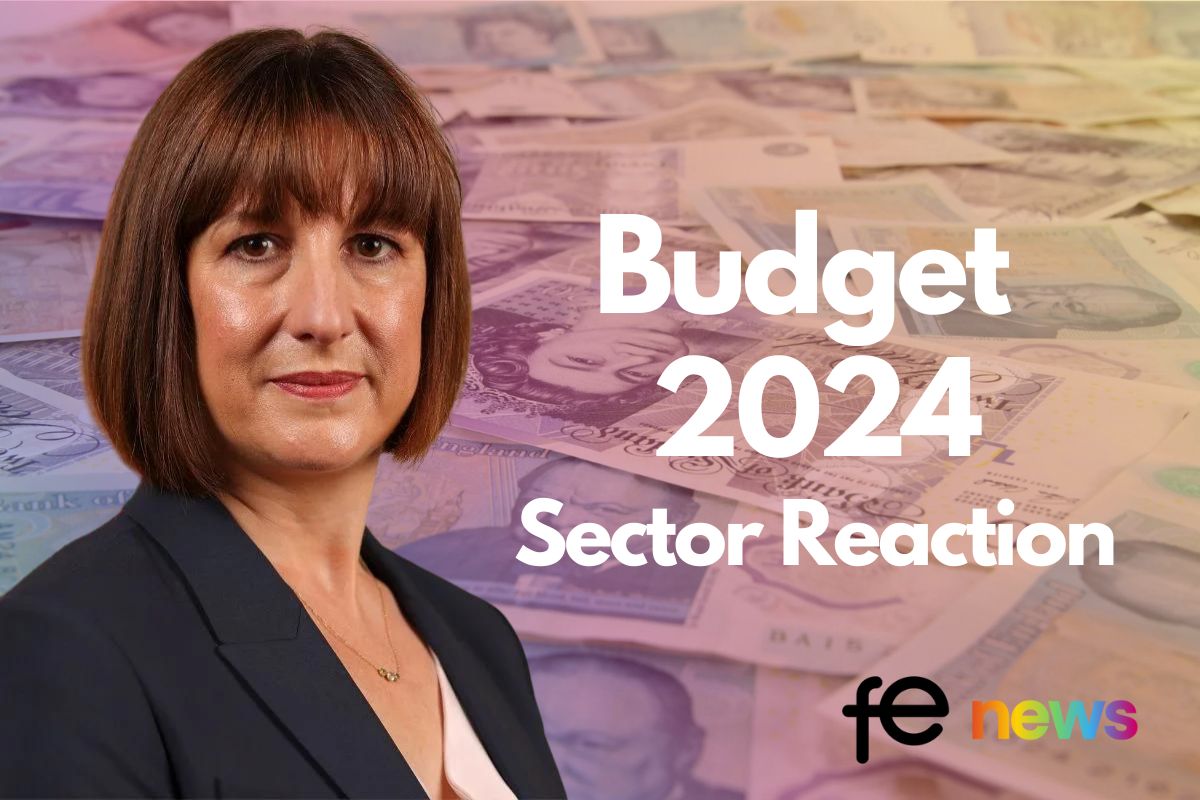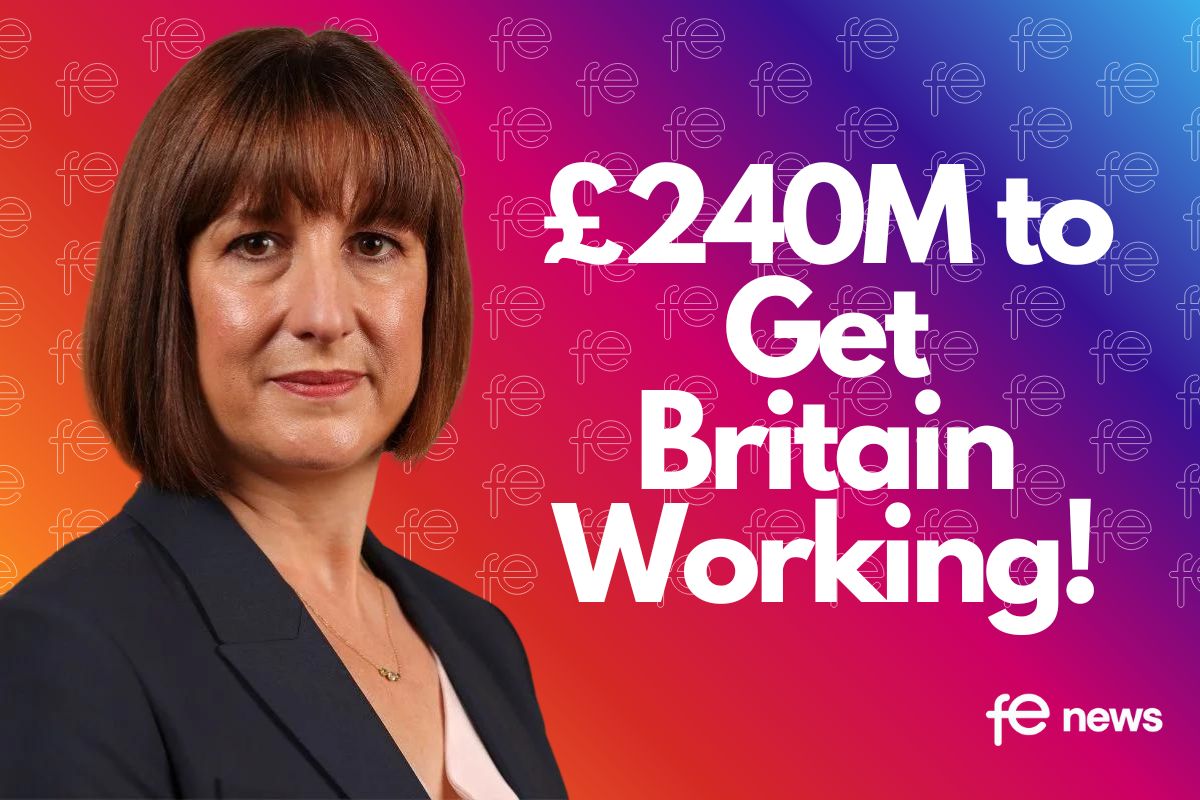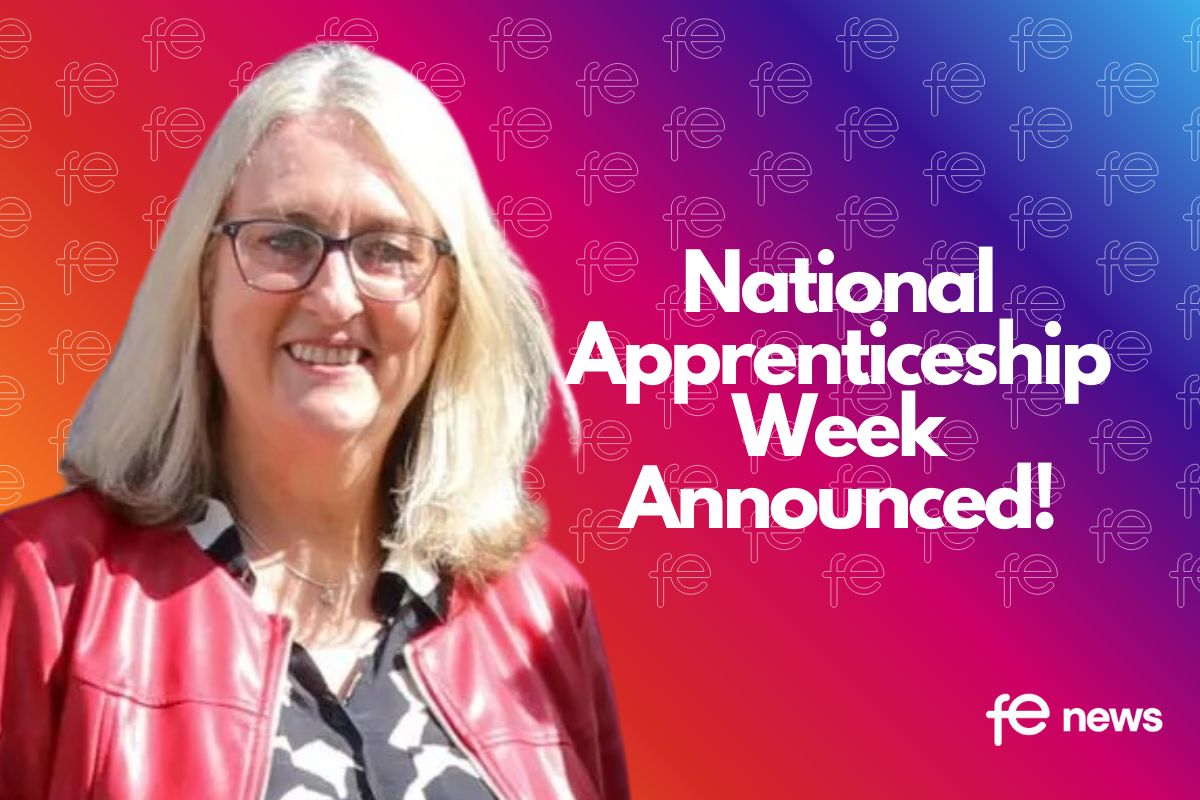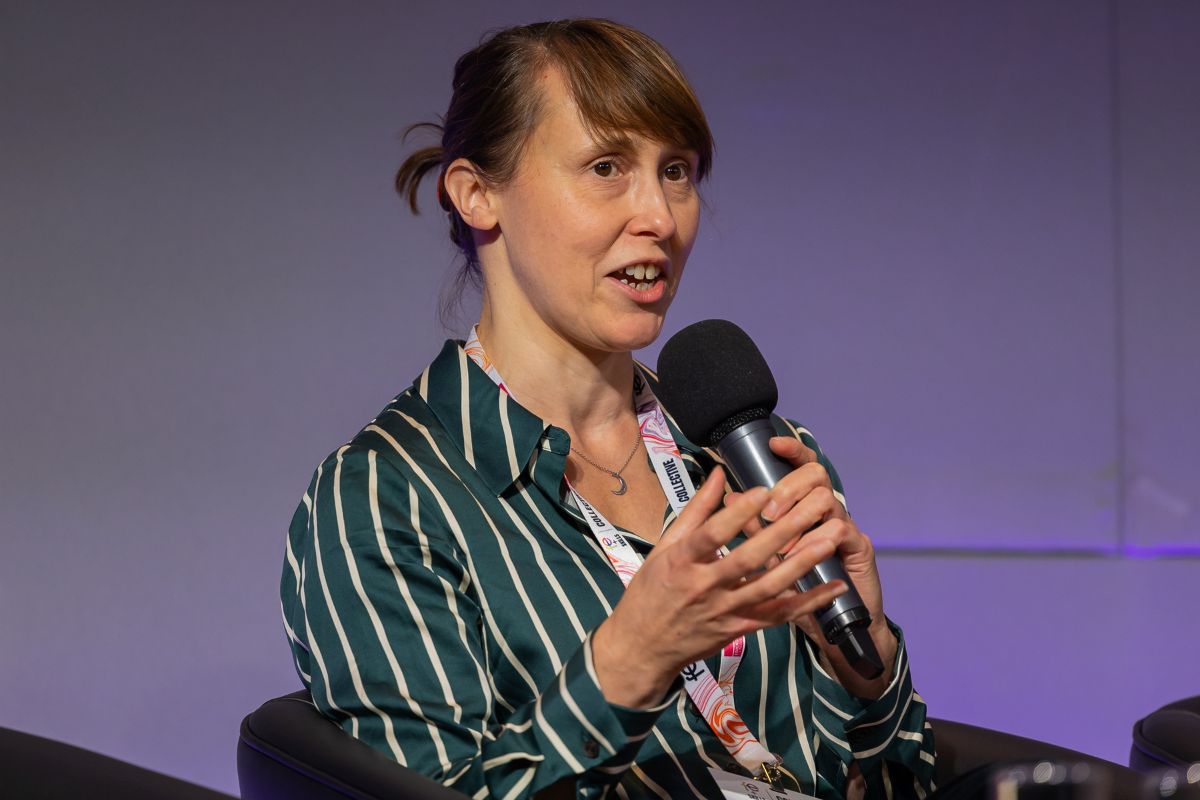Levelling up: we can’t afford not to – JRF warns of ‘double injustice’ without a recovery that reduces poverty

Tackling the root causes of poverty has “taken on a new urgency” as COVID-19 risks compounding challenges facing people on low incomes, according to a new report from @jrf_uk – the independent Joseph Rowntree Foundation (JRF).
The report is the first in a new series that explores how we can shape an economic recovery that reduces poverty. Getting this right will be crucial both long term and as we start to come out of lockdown, and the recovery needs to improve living standards as well as solving long-standing productivity problems that have been exacerbated by the pandemic.
As COVID-19 evolves from a health crisis into an economic one, evidence is growing that the areas most in need of levelling up are bearing the brunt of the fallout from the pandemic. At a time of rising compassion and concern for people on low incomes, addressing that fallout fully and quickly will crucial.
The UK entered March 2020 with an economy that saw 14.5 million people in poverty, including 3 in 10 children, and wide disparities in the likelihood of being pulled into poverty across the country.
Far too many people were already in poverty, despite the economy boasting record employment rates. Many of the one in eight workers in poverty pre-COVID-19 are key workers in social care, in supermarkets, or are delivery drivers. They have kept people fed and cared for throughout the lockdown yet are often low-paid and on insecure contracts.
Many other workers in poverty worked in businesses that have been forced to close during the lockdown such as high-street shops, hotels or cafes. They have been most likely to lose income from becoming unemployed or furloughed too.
People on low incomes are now facing the double injustice of a major economic shock from COVID-19 before the government’s plans to level up and bolster local economies has been implemented. They were less able to isolate themselves at home and are now most exposed to the worst economic effects of the COVID-19 crisis.
To reduce the likelihood of more people being swept under, JRF argues the immediate levelling-up priority has to be to stop the challenge becoming any harder, if the same areas and sectors which risked being left behind before the election are also hit hardest by the COVID-19 crisis.
JRF is urging the following action:
- 1) Take action now to stop the levelling-up challenge becoming even harder. The next stage of economic support needs to focus on maintaining spending power and focusing job creation in our weakest economies most likely to see a rise in the unemployment rate as the furlough scheme is wound down.
- 2) Increase the scale of investment in basic, digital and vocational skills to match the ambitious investments in infrastructure.
- 3) Increase the share of planned capital investment that will be invested in local public transport systems and lever this infrastructure investment to unlock opportunities for people trapped in poverty.
- 4) Improve productivity in low-wage, low-productivity businesses and sectors by improving the quality of work, boosting in-work training and enhancing management practices.
Dave Innes, Head of Economics at the Joseph Rowntree Foundation, said:
“Covid-19 has created new difficulties for the UK economy but it has also compounded challenges that policymakers have been grappling with for decades. As we stare down the barrel of the deepest recession for centuries, finding solutions for problems new and old has taken on a new urgency.
“As we look to rebuild the economy after the pandemic we must work towards one that offers everyone the opportunity to get a good job and to live in a community that enables them to be free from poverty wherever they live.
“The government’s levelling-up agenda is now more important than ever: it must simultaneously tackle the twin challenges of increasing productivity and improving living standards. Done right, it has the potential propel the economy to recovery and loosen poverty’s grip. The stakes could not be higher.”
JRF’s economic discussion series is being launched alongside landmark new research by Professor Matthew Goodwin at the University of Kent and Professor Oliver Heath and Royal Holloway, University of London, which reveals the critical role low-income voters played in deciding the outcome of the 2019 general election.
For the first time, more people on low incomes voted for the Conservative Party than for Labour. Boris Johnson’s Conservatives are now more popular with people struggling to make ends meet than with wealthy voters.
Both Labour and the Conservatives urgently need to deliver a compelling offer on levelling up in order to reconnect with voters on low incomes whose lives have been profoundly affected by COVID-19
JRF will be presenting new research and recommendations on how to reshape an economy that reduces poverty and getting ideas from a range of economic experts. There will be a number of publications and webinars throughout 2020











Responses